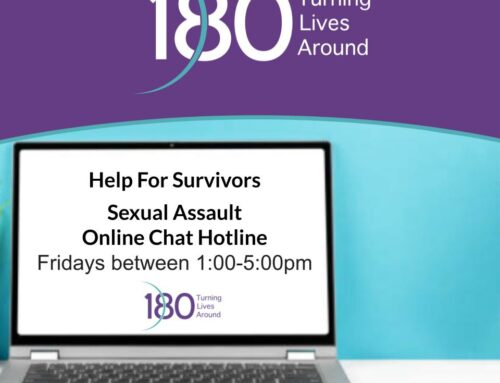For help developing a personalized safety plan for you and your children, call our Domestic Violence Hotline at 888-843-9262.
Below is a list of safety recommendations that many domestic violence agencies are sharing with their community in light of COVID-19 and domestic violence:
- If you or your family members are in immediate danger, call 911
- Keep your phone charged and on you at all times. Know where your charger is, or keep it stored in an easy-to-grab go-bag. Keep a few safe phone numbers written down on paper in your car or go-bag in case you don’t have your phone with you.
- Remember to turn off your phone (and other devices) and GPS when leaving for safety.
- Turn off childrens’ phones or devices that have GPS.
- Identify safe ways out of each room, including windows if necessary. Make sure that these pathways are cleared.
- When violence occurs, lead your abuser to a safe room that has an exit path. Avoid rooms that have items that could be used as weapons (kitchens, garages), avoid rooms that have lots of hard surfaces (kitchens, bathrooms), and try to avoid rooms that only have one exit that can be blocked (second-story bedrooms, closets).
- Identify a code word to use with children so they know to leave the room/home and go to a trusted neighbor. Plan a code word with trusted friends or family outside of the home that indicates you are in danger and need help.
- Identify transportation options. Keep your car’s gas tank full, and back in to your parking spot/driveway so that it’s easier to drive away. Identify a safe spot for your keys. Make plans with a trusted person who can pick you up.
- Pack a go-bag. Possible items to include: extra sets of clothing for you and your children; items for any pets you will take with you, copies of important documents and/or IDs, medications, an extra set of keys, a written list of safe phone numbers, and extra cash in case your partner cuts off your credit cards or phone pay apps. Important documents include a copy of any restraining orders, medical records, and documentation of abuse. Keep the go-bag in a hidden but easy to reach location.
- Document any abuse, including harassment or stalking. Take screenshots, make notes, and store these in a safe place. If you feel comfortable, report to police.
- As people move to using technology more in place of physical interaction, please practice tech safety. Protect your passwords, or change them if your abuser has access to them. Make your accounts as private as possible. Assume that any communication with your abuser can be documented by them and used against you. Visit techsafety.org for additional safety tips.
- Keep yourself and others safe by following the latest health guidelines and recommendations. This includes wiping down frequently used surfaces vigorously and washing your hands often. For up-to-date information visit www.cdc.gov, or www.nj.gov/health.
180 Turning Lives Around’s hotlines all remain available 24/7 to help those in crisis and to answer any questions you may have. Domestic Violence: (888) 843-9262 | Sexual Violence: (888) 264-7273 | 2NDFLOOR® Youth: (888) 222-2228 Deaf and Hard of Hearing Text Available: (732) 977-2766




